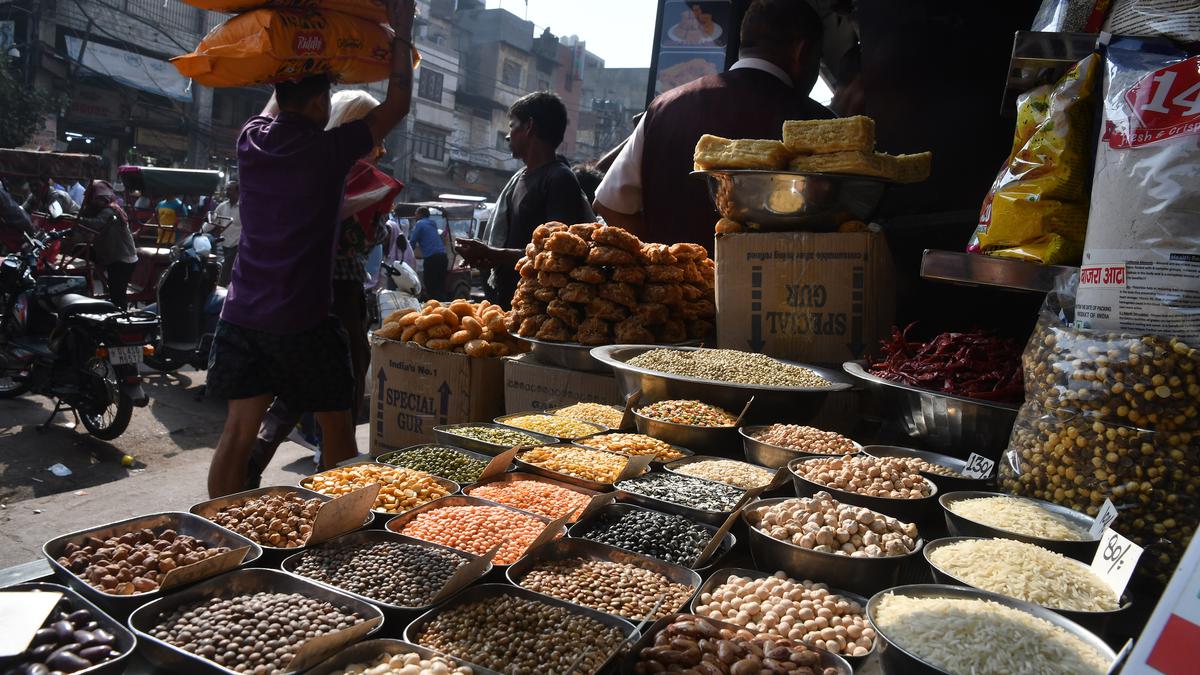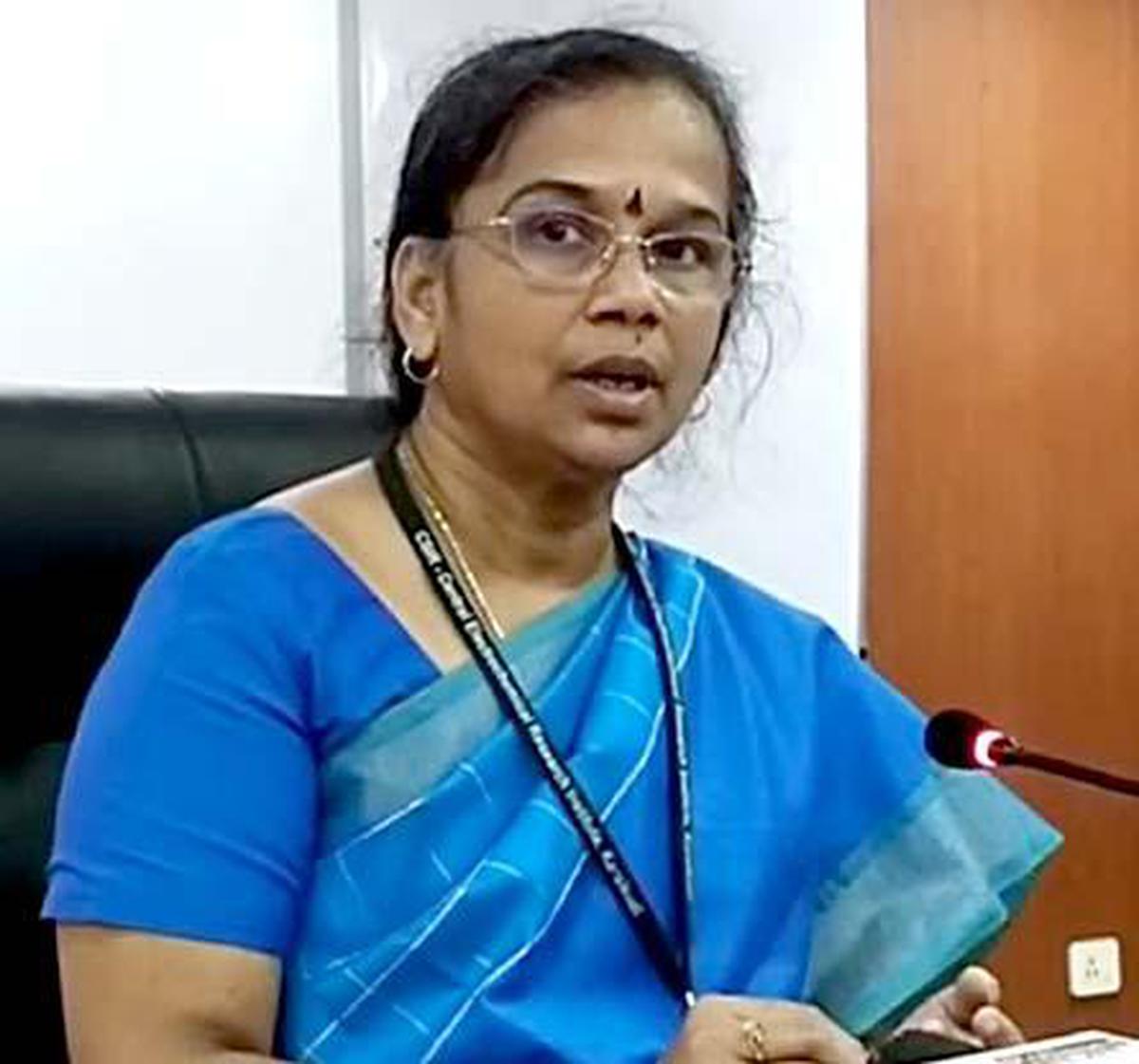Output of pulses, some coarse cereals and the key oilseed – groundnut could hit a three-year low this kharif season, as per initial independent estimates for crop output, even as overall foodgrains production is likely to rise thanks to higher rice and cereals output.
Though this monsoon season yielded 6% below normal rainfall, after four years of normal or above normal rain, kharif crop sowing inched up by a marginal 0.2% at the end of September. However, jute (-5.6%), pulses (-4.2%) and cotton (-3%) witnessed declines in sowing along with oilseeds, which fell 1.6%.
Economists expect retail inflation for pulses and cereals to stay elevated amid the bleaker outlook for production. In September, cereal prices for consumers rose 11%, while pulses inflation accelerated to 16.4% from 13% in August. At the wholesale level, pulses prices were up 17.7%.
Pulses output is expected to drop to a range of 6.9-7.3 million tonnes, compared with 8.24 million tonnes in 2021-22 and 7.62 million tonnes last year, as per a Bank of Baroda projection for the kharif crop released Wednesday. Within pulses, output of arhar, whose sowing dropped almost 5%, is expected to slip only slightly from last year’s 3.31 million tonnes to a range of 3.22-3.27 million tonnes. Urad and moong output may, however, see sharper drops in absolute terms.
Total foodgrains production is expected to be in the range of 158-162 million tonnes, or 1.5%-4% over last year’s levels, the bank’s economist Jahnavi Prabhakar reckoned. “We expect some pickup in overall output with crops such as rice and sugarcane registering improvement. However, some drag will be seen with pulses, cotton and jute,” she said.
The projections, which have assumed no damage was caused to crops owing to excess monsoon in some parts of the country, are based on extrapolations of past area sown and productivity trends under different scenarios.
“We expect some softening in food inflation in this quarter with the kharif harvest entering the market along with government intervention,” said Crisil principal economist Dipti Deshpande. “But there could be limited respite for pulses and cereals inflation,” she added.












